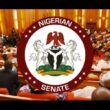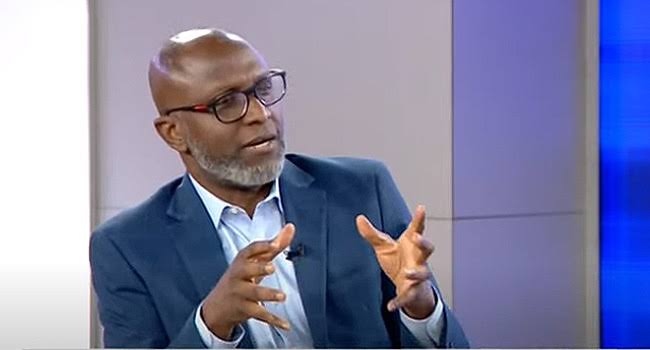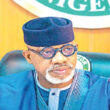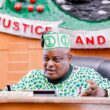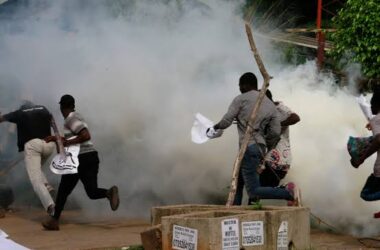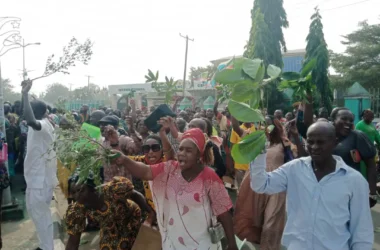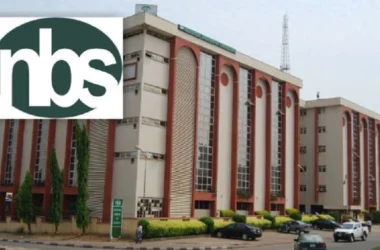Former presidential aide Laolu Akande has emphasized the need for a constitution-making process that fosters unity among Nigerians, arguing that the current framework, imposed by past military regimes, has failed to build national consensus.
Speaking on Sunrise Daily on Channels TV on Wednesday, Akande reflected on the legacies of Chief Edwin Clark and Chief Ayo Adebanjo, who both passed away this week, and their roles in advocating for restructuring.
Akande acknowledged the deep political involvement of Chief Ayo Adebanjo, particularly in the rise of President Bola Tinubu. “It’s important because, especially at a time when we have in the Federal Government people that you would call the allies of both of them, especially Chief Ayo Adebanjo. We know exactly the roles that people like Chief Ayo Adebanjo played in the rise of the President. All the way from Lagos in 1998 and 1999 when he emerged as Governor. So, you’d hope that, particularly Chief Ayo Adebanjo, would feel a sense of fulfilment that now, in his lifetime, somebody who was in his corner has made it to the Presidency.”
Despite Adebanjo’s historical ties to Tinubu, he notably backed Peter Obi from the South-East in the 2023 presidential election, a move Akande described as a demonstration of his commitment to equity and restructuring. “Pa Adebanjo, in particular, took a decision, especially in 2023, to say, ‘if we’re advocating for restructuring on the basis of equity, then the argument to have somebody from the South-East go for the Presidency is a right one.’ The truth of the matter is: not many people can fault that logic. But then, the issue is often reduced to political interests.”
Akande also reflected on the contrasting backgrounds of the two late political figures, pointing out how their personal histories shaped their advocacy.
“Chief Edwin Clark is a fighter. We have to understand that he came from a minority group. Ayo Adebanjo came from a majority group. Whichever way you look at it, the Nigerian political calculus is more favourable to the majority groups than the minorities.”
He further criticized the role of political elites in perpetuating ethnic and regional divisions. “The problem happens when the elites are contesting for scarce political advantage or resources. They’re the ones that rake up these sentiments, ethnic sentiments. The ordinary people don’t care. We all went to school together, we made friends, we played on the streets—it didn’t matter. But our political socialization, which is the handiwork of our political elites, reminds us and tells us that we’re different.”
To address these divisions and ensure a more inclusive national framework, Akande stressed the importance of a new constitution-making process. “We must come to a situation where we build some kind of understanding or consensus on how to move forward. We cannot do it based on a constitution that was written by soldiers. We need a constitution-making process that binds us together. It’s very critical.”




